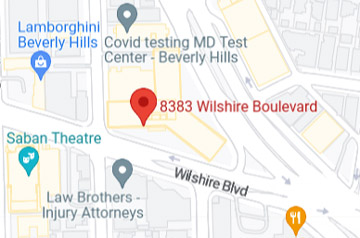
The California Lemon Law, known as the Song-Beverly Consumer Warranty Act, is a law that was enacted to protect consumers who have purchased defective products that could not be fixed. While each state, and even the federal government, has its own lemon law, California’s law provides the best protections for consumers.
While people commonly refer to it as the lemon law, a lemon law action is essentially a breach of warranty claim. The California Lemon Law applies to the purchase or lease of any product that comes with a written warranty issued by the manufacturer. This means that even used vehicles purchased with the remaining balance of the manufacturer’s warranty can qualify under the California Lemon Law.
To maintain a successful lemon law claim, a consumer must prove that
- she purchased or leased a vehicle manufactured by the defendant;
- the vehicle came with a written warranty;
- the vehicle had a defect covered by the warranty that substantially impairs its use, value or safety to a reasonable person in the consumer’s situation;
- the vehicle was delivered to the manufacturer (or its dealership) for repair; and
- the manufacturer (or its dealership) was unable to repair the vehicle after a reasonable number of opportunities. In almost every case, the first two elements are fairly easy to prove. The majority of California Lemon Law cases focus on the last three elements.
Establishing a defect covered by the warranty is critical. Almost every manufacturer’s warranty is limited to defects in materials and workmanship. Common exclusions include problems caused by accidents, modifications or the installation of aftermarket accessories. For example, a consumer who was involved in a major car accident cannot simply take her damaged vehicle to the dealership and expect it to be fixed under warranty.
Once a defect is established, the consumer must prove that it substantially impairs the vehicle’s use, value or safety. There are countless defects that can be considered substantial. Any defect that affects the vehicle’s drivability would definitely be considered substantial. Many other defects involving various features in the vehicle can be considered substantial too. Some examples include a defective navigation system, inoperable windows, a malfunctioning air conditioning system, the illumination of warning lamps and many more.
Finally, the consumer must prove that the manufacturer was unable to repair the vehicle after a reasonable number of opportunities. What constitutes a “reasonable” number? This will vary from the specific facts and circumstances of every case, but if a defect was not repaired within three opportunities, it could be sufficient to trigger a lemon law claim. If the defect is safety related, then a lemon law claim could be established even after two repair opportunities.








